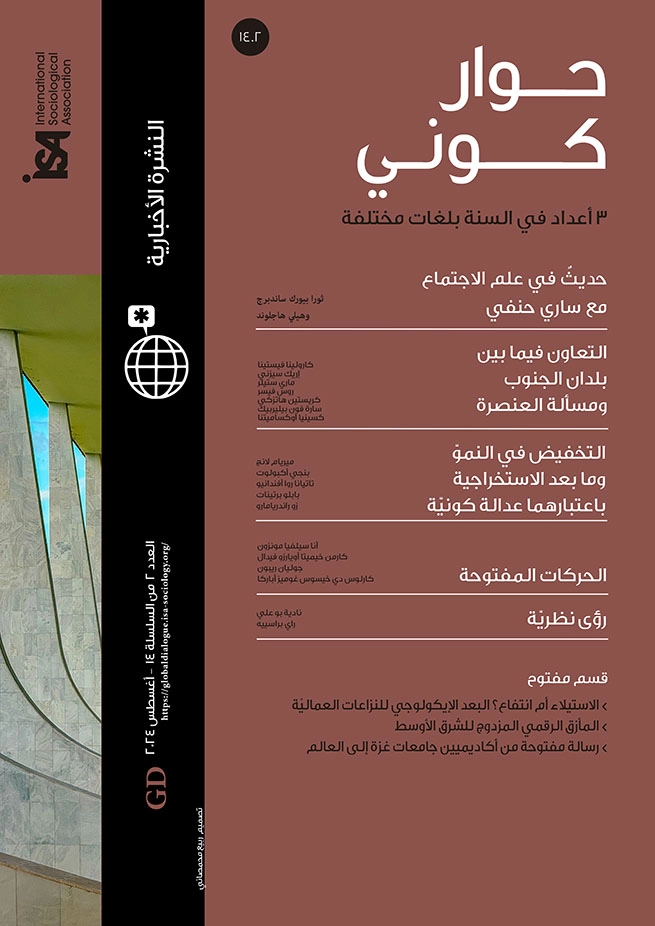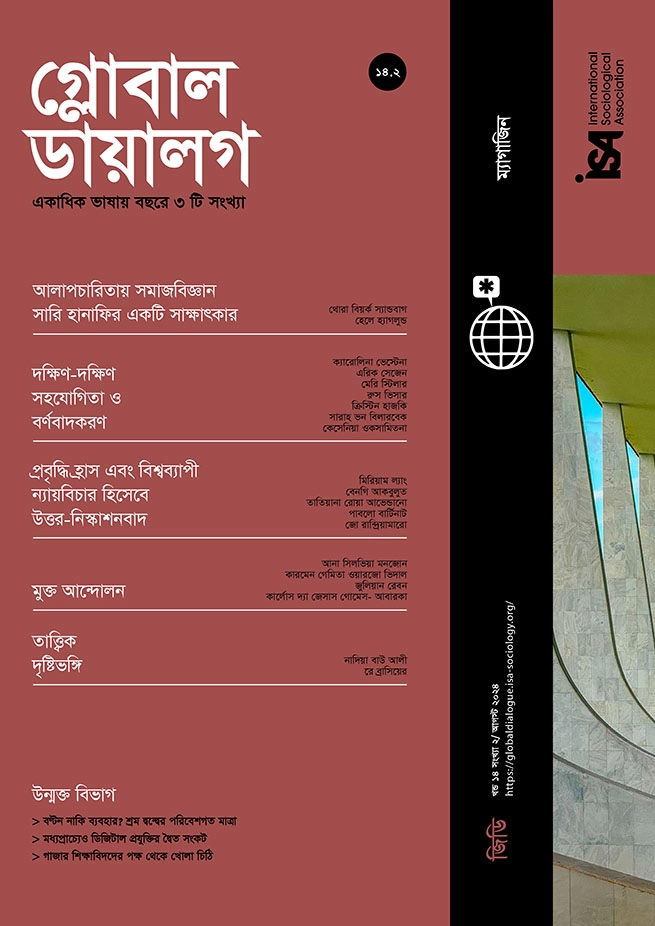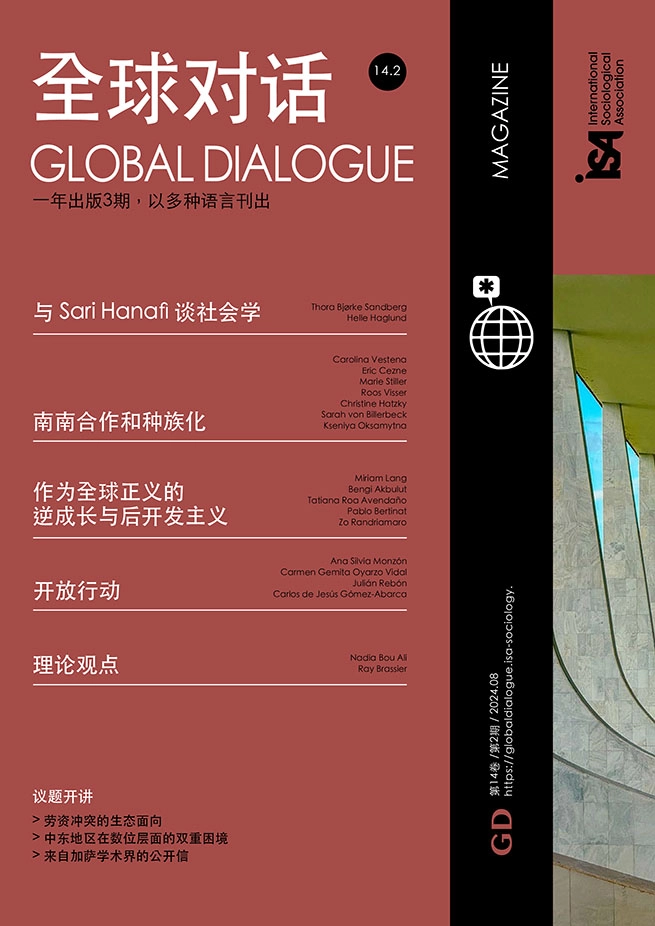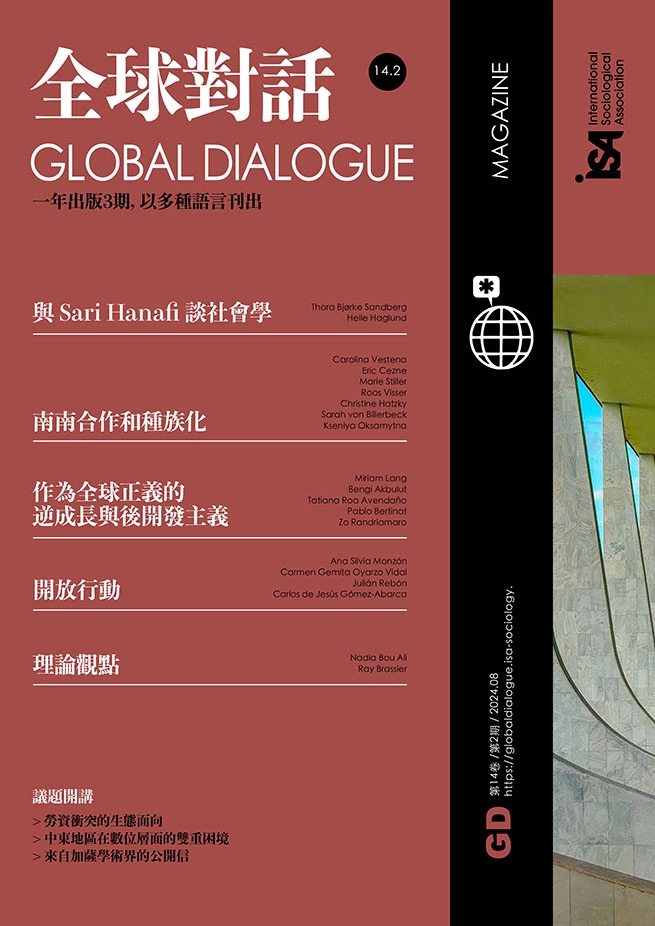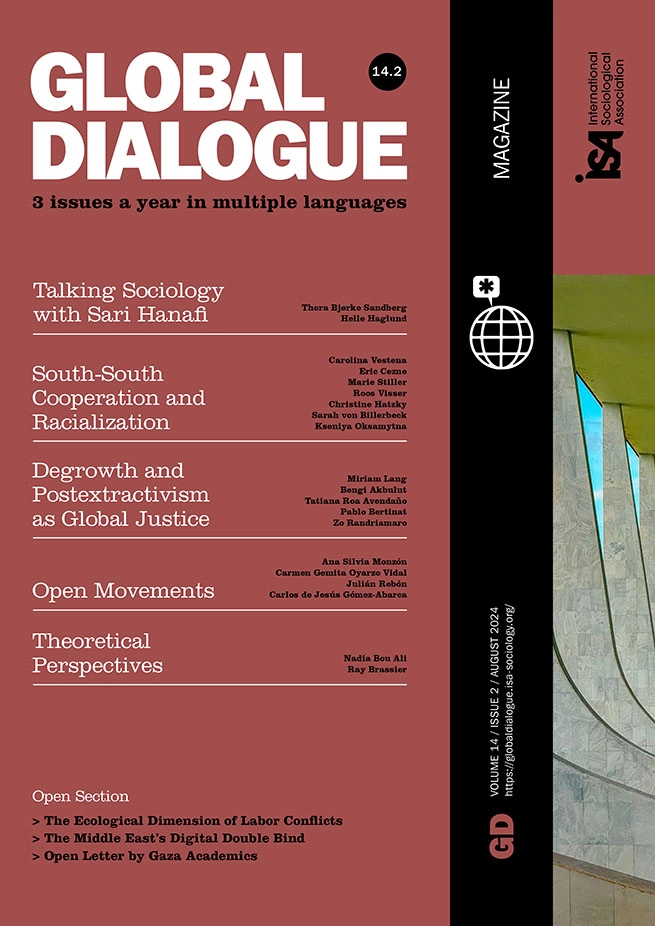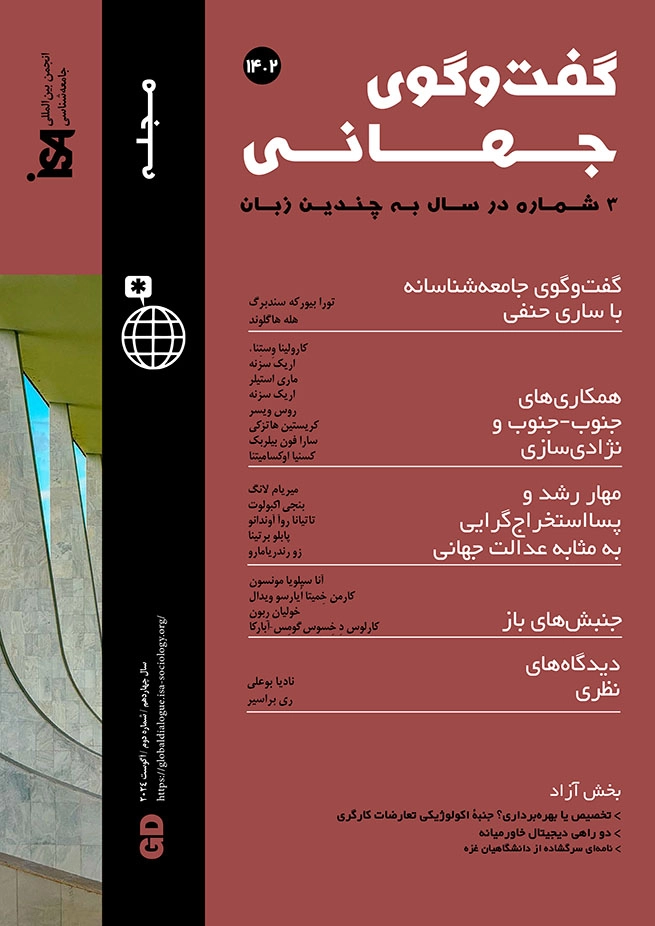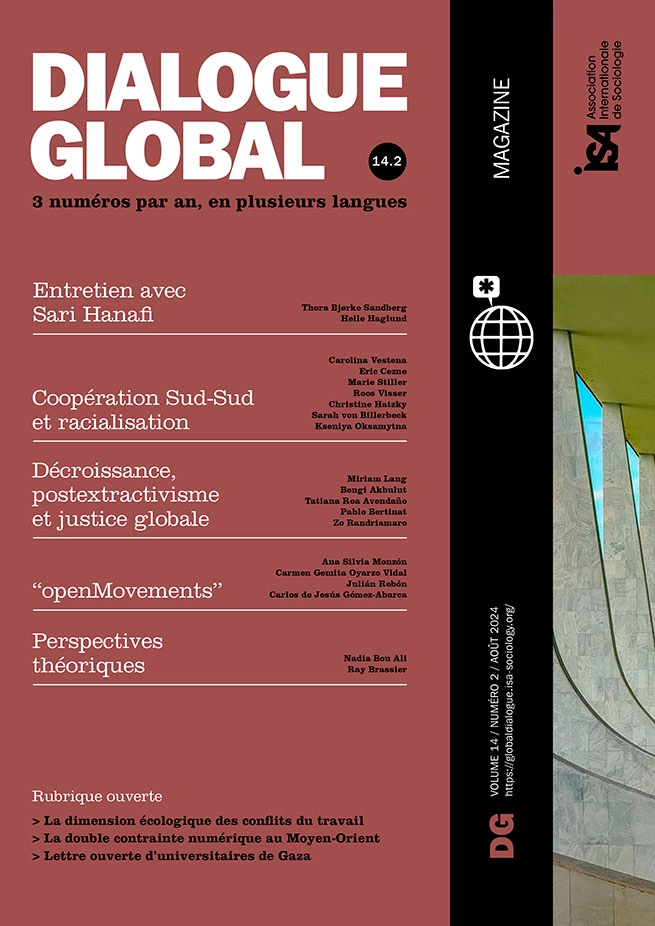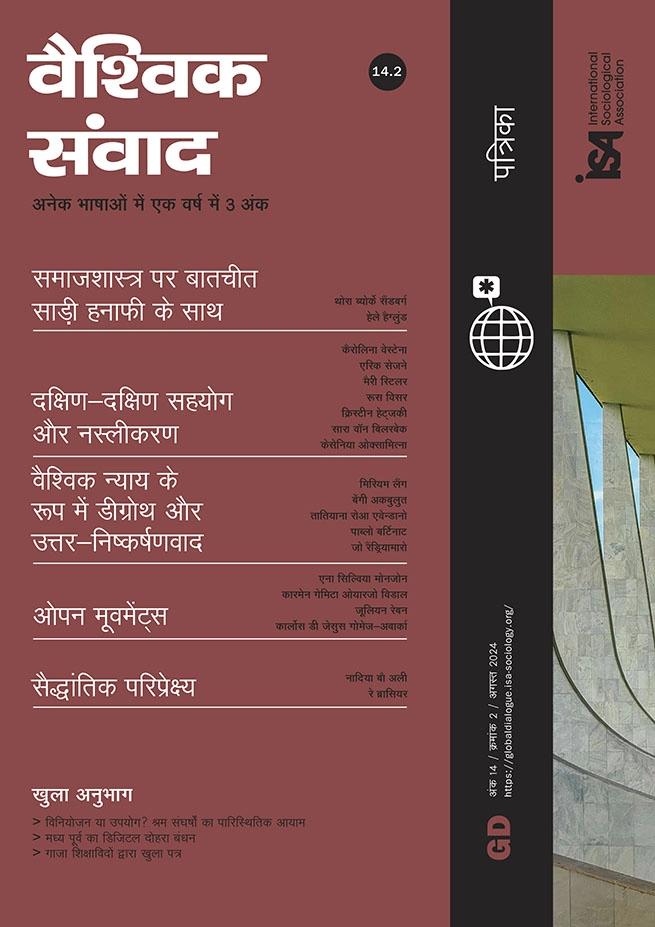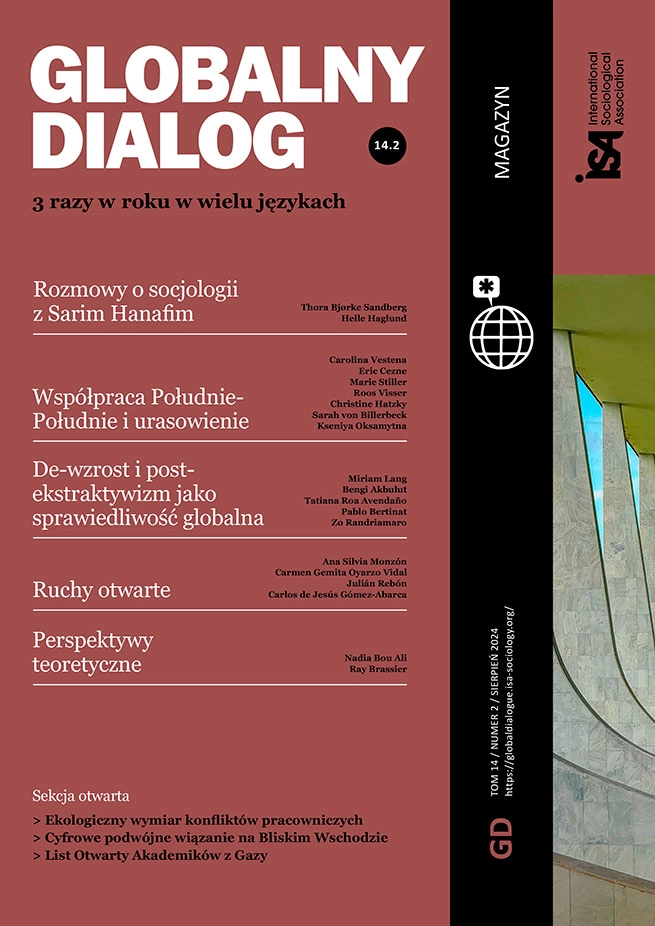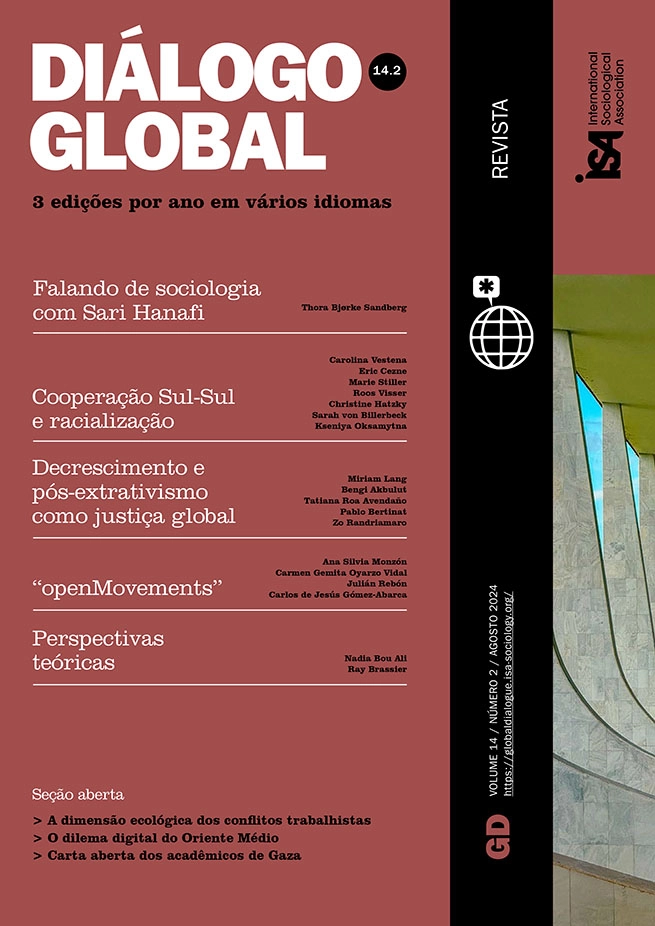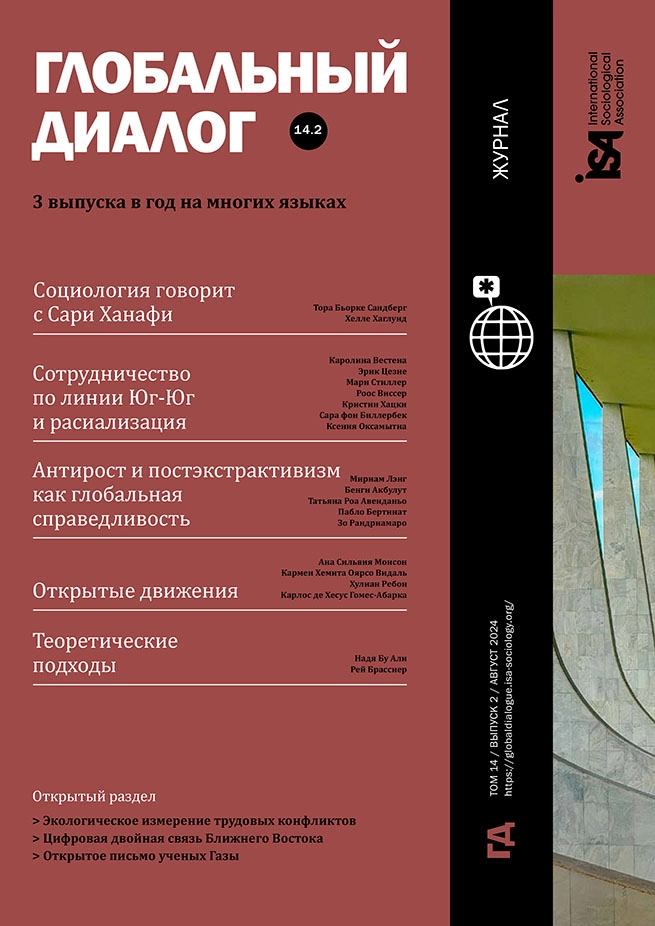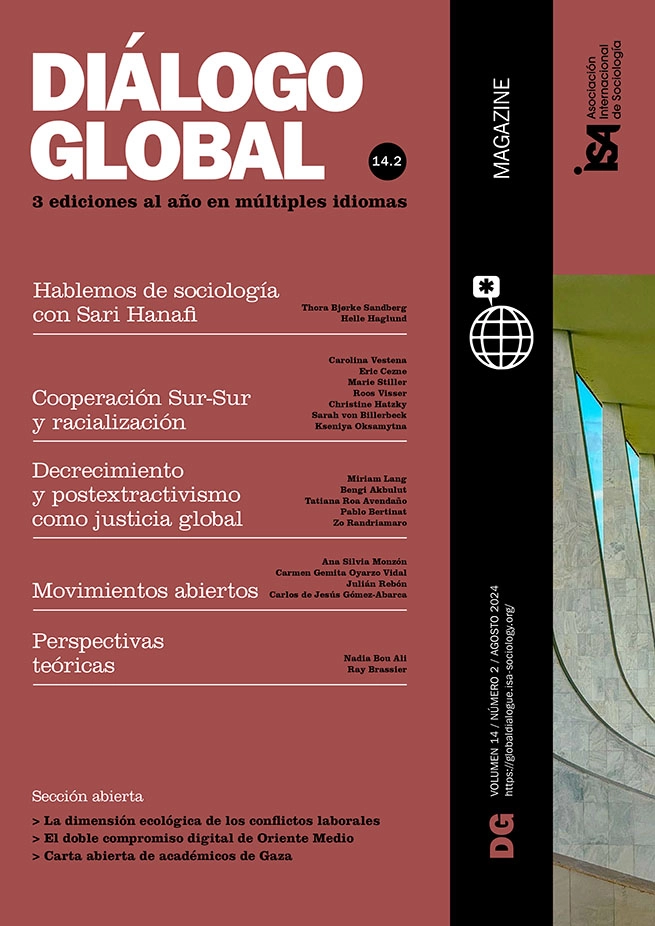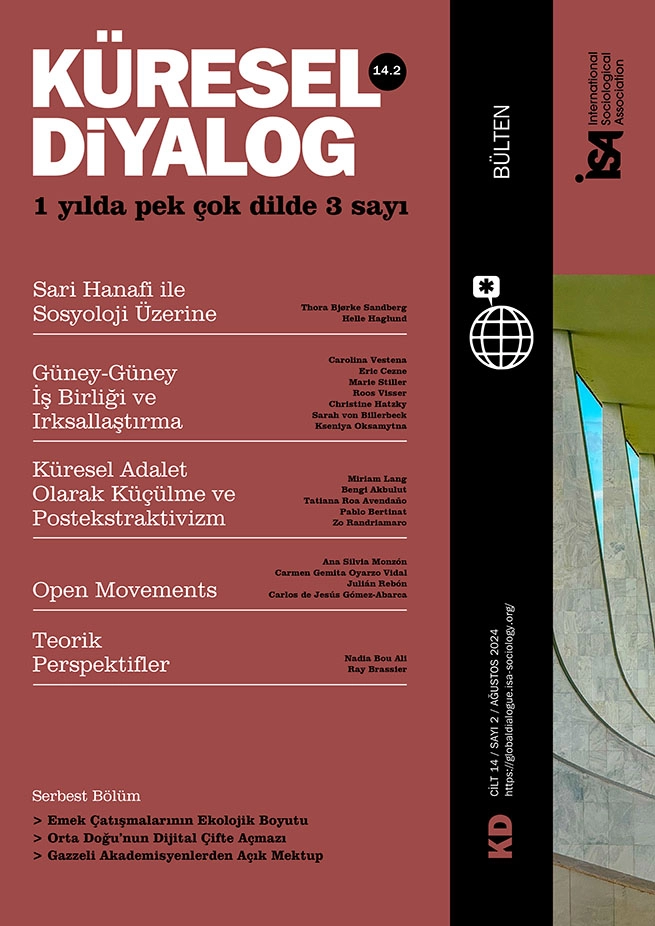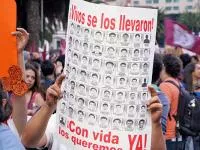Chronicle of 106 Crucial Days for Democracy in Guatemala
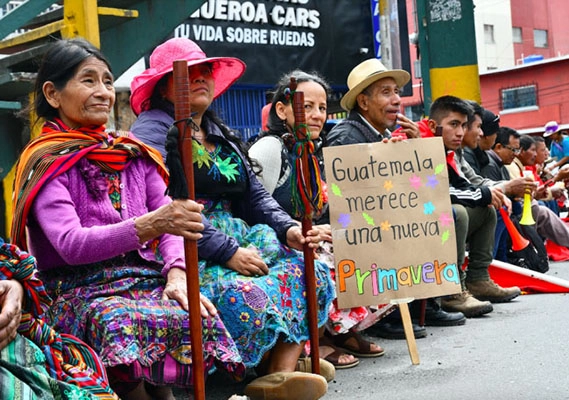
July 15, 2024
In 2023, Guatemala experienced one of the most complex electoral processes since its return to civilian rule in 1985, after three decades of military rule and an armed conflict that took a heavy toll in terms of lives lost, disappearances and detentions. Twenty-two presidential candidates were nominated, with the conservative National Unity of Hope (UNE) and the progressive Semilla party advancing their candidates to the second round. The success of the Semilla party was surprising, given its recent founding and the fact that it was not among the top positions in the polls. After the first round on 25th June, and with the announcement that the second round would be held on 20th August, a concerted reaction began from right-wing sectors, which respond to the interests of the elites and the most recalcitrant sectors of the national army.
The strategy adopted to attack Bernardo Arévalo and Karin Herrera, the Semilla party presidential ticket, was a legal scheme, showing how much justice institutions were co-opted. Based on an unsubstantiated complaint, a deficient investigation, and the biased actions of a judge who applied criminal law criteria and not electoral law, the media began to construct a narrative of electoral fraud. There were requests for the suspension of the Semilla party. Despite this brutal attack, Semilla won an uncontested victory in the second round with 58% of the vote: an indicator of the desire for change among citizens, tired of the corruption and co-optation that has violated the rule of law, emptied the national coffers and undermined democracy.
Coup attempts in the face of a “new spring”
Citizen enthusiasm was expressed in the streets with a slogan reflecting the possibility of a “new spring”, alluding to the 1944 Revolution, which was a watershed in the country’s political history after almost a century of dictatorships. That democratic spring, moreover, was led by Dr Juan José Arévalo Bermejo, father of the current president and leader of the Semilla party, who, incidentally, is a sociologist. This coincidence was seen by many as a good omen for the urgent transformations needed in a country subjected to institutional decay and repression of dissent, especially over the previous decade.
The Constitutional Court and the Supreme Court of Justice joined the judicial plot against the Semilla party, increasing the pressure on the Supreme Electoral Tribunal when it declared the official election results that legitimized the winning presidential ticket. As part of the judicial persecution, in September 2023, the Tribunal’s headquarters were raided by the Special Prosecutor’s Office against Impunity, an unprecedented act described as a violation of the popular vote, as the Public Prosecutor’s Office personnel removed – without any clear purpose – several boxes containing the ballots cast by the citizens.
This scenario led to the mobilization of citizens demanding the resignation of the Attorney General and her team for their actions in this and other cases of criminal harassment against those who exercise their right to protest and criticize the government. Exercising these rights has led to approximately one hundred journalists, judges, prosecutors, and activists going into exile to protect their safety. Others, such as lawyer and former anti-corruption prosecutor Virginia Laparra and journalist José Rubén Zamora, have been held in pre-trial detention for more than a year without their cases having been seriously substantiated and they are therefore considered political prisoners.
In addition, on November 16, 2023, the Public Prosecutor’s Office arrested and charged five university students and a young activist in the case known as the “Occupation of the University of San Carlos de Guatemala” (Toma de la USAC). The occupation was a protest against the election of the new rector for the period 2022-26, exercising the right to defend the autonomy of the only public state university, usurped by people who did not meet the legal conditions to exercise the university rectorship and who imposed themselves by resorting to illegalities, threats and the use of force in 2022. In this case, the Public Prosecutor’s Office tried to link the current vice-president, Karin Herrera, who, until the beginning of the election campaign, was a professor in the Faculty of Chemistry, with the university usurpers. As can be seen, the “coup pact” has spared no effort to delegitimize and annul Semilla’s electoral victory.
Democracy defended by the people
On October 2, 2023, the authorities of Guatemala’s 48 cantons (a system of communal authorities that has its origins in the history of the K’iche’ people of Totonicapán), generally absent from national politics, publicly demanded the resignation of the Attorney General, two investigating prosecutors and the judge who processed the legal actions against the Semilla party and who endorsed the violation of the votes cast by the citizenry.
Faced with a refusal to comply, the authorities of the 48 cantons began a peaceful march that traveled 200 kilometers to the Public Prosecutor’s Office in the capital, calling on social movements and authorities from other towns and cities to join them. The argument was threefold: judicialization backed by the Public Prosecutor was weakening the foundations of democracy by disregarding Electoral Law, which has constitutional rank; the will of the people was being disregarded; and the struggle was about more than just the Semilla party.
This was a qualitative advance in social mobilizations in Guatemala in recent decades. In the country’s most recent significant citizens’ movement, which took place in 2015 against the corruption of high-level government authorities, the mobilizations were restricted to the capital. Now, the lead was coming from indigenous authorities in different territories, with the 48 cantons taking the lead, including the authorities in Sololá, the Ixiles, Kaqchiqueles, Q’eqchi’s, Chortíes, and Xincas, among others, in addition to certain sectors of the capital city.
From the first week of October 2023, thousands of people took to the country’s main roads in support of the indigenous authorities, blocking them at up to 80 different points. The level of organization was impressive. Shifts were adopted to maintain a constant presence outside the Public Prosecutor’s Office, guaranteeing food and the necessary conditions for 300 to 400 people daily. This task was undertaken mainly by women who ran the “solidarity kitchen” for the more than 100 days that the people were in the capital.
The migrant population in the United States made an important contribution, expressing itself through donations and political action every week in front of Guatemalan consulates in several US cities, as also happened in Canada and Europe. The role of social networks was also fundamental.
Blockades multiplied in the city, led by neighborhood groups, religious groups, students, informal hawkers, and regular workers, who organized original actions such as dance and yoga classes in the streets, lottery games, spontaneous concerts, and street talks. In addition to political protests, the aim was to reclaim public spaces in a city suffocated by a lack of transport, services, and public safety.
The street in front of the Public Prosecutor’s Office became a democratic space for denunciation, analysis, Mayan ceremonies, religious rituals, games, singing, dancing, and speeches in all the indigenous languages. In this improvised encampment, ideas and proposals boiled over, and women, elders, and young people expressed themselves, following attentively every step taken by what was called the “pact of coup plotters”, which included the Attorney General’s Office, colluding judges and magistrates, and the president himself along with his cabinet.
The protest was peaceful, despite attempts by infiltrators to provoke a police reaction. In the 106 days of protest, there was only one aggression by armed people on the San Marcos highway in the south of the country, which left one person dead and two injured.
Other essential actors over this period were the Organization of American States (OAS), the US government, and the European Union. All of them followed the electoral process through specific missions, which reported on the transparency of the two ballots and, consequently, on the legitimacy of the two elected candidates. The OAS issued statements expressing its concern over the persecution of the Semilla party, the countless judicial proceedings – often incomprehensible and out of all proportion – and the violation of voters’ rights.
The situation in Guatemala was the subject of several extraordinary meetings and the continuous presence of the OAS Secretary General’s Mediation Mission during the long period between the 20th August vote and the inauguration of Bernardo Arévalo on January 15, 2024. One aspect worth highlighting is the establishment, under the auspices of this Mission, of a dialogue table that placed the indigenous authorities and the government of the Republic on an equal footing. Although the dialogue did not produce the expected result for the indigenous peoples, it gave a vital endorsement to their leadership and the citizens’ demands.
These 106 crucial days for democracy in Guatemala were lived amidst uncertainty, the desire for change, and the fragility of institutions. The attack by the established powers maintained a climate of anxiety among the citizenry right up to the moment of the inauguration of the new presidential pair. Despite attempts to stop the new spring, we lived...
One hundred and six days
to spin memories
rebuilding tissues
take the floor
in all languages
reaffirming dignity
reclaiming joy as a right
citizen awakening
to transform stealth,
in an explosion of bodies in the streets
that dispute the meaning of history
One hundred and six days
that have left their mark on the conscience
that will not back down
Ana Silvia Monzón, Facultad Latinoamericana de Ciencias Sociales (FLACSO), Guatemala <amonzon@flacso.edu.gt> / Twitter: @AnaSilviaMonzo1

